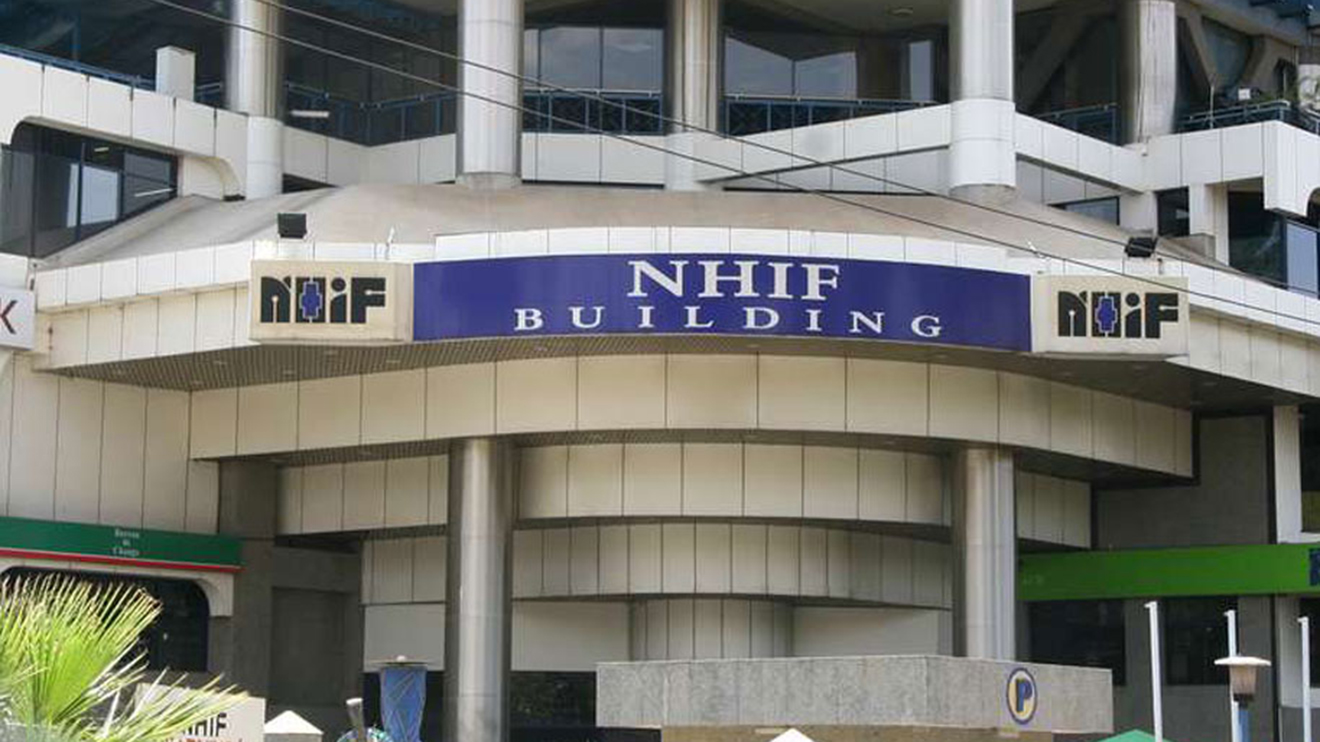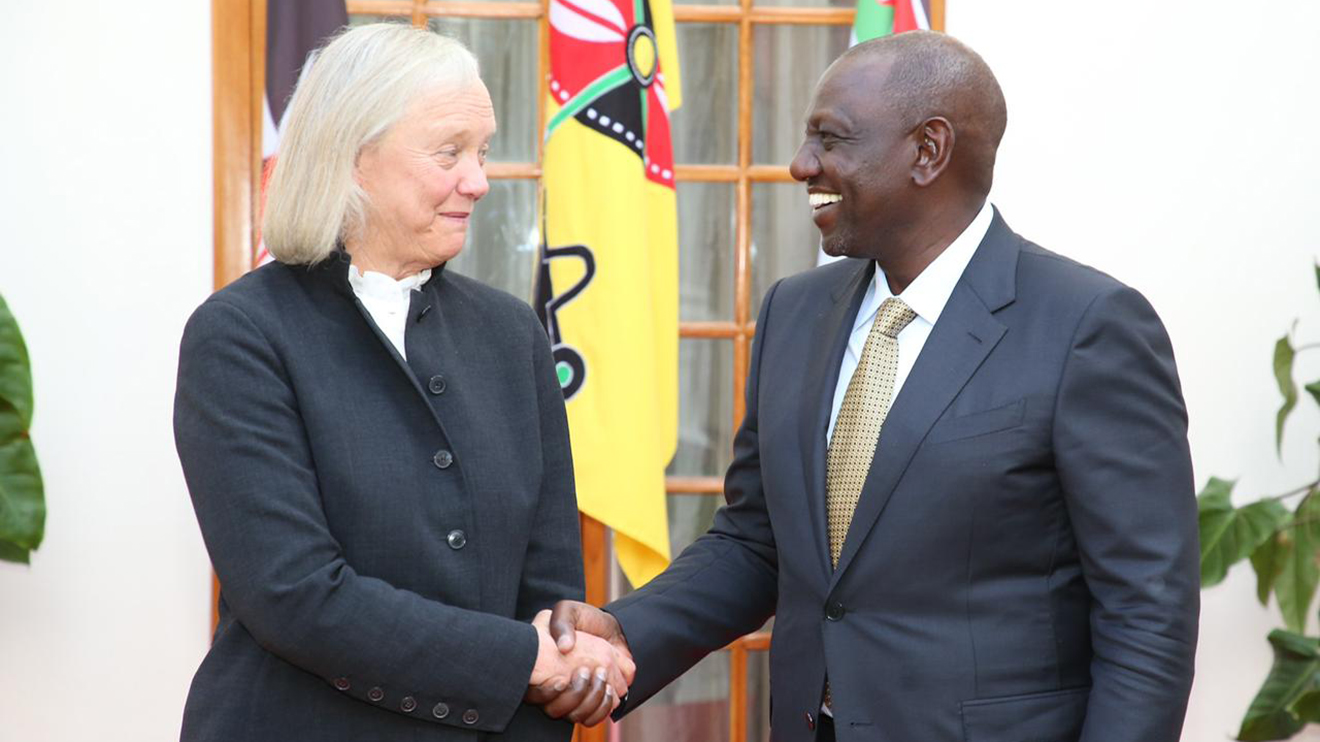The National Assembly Health Committee has raised concerns over the National Hospital Insurance Fund (NHIF)'s plan to replace its current system at a cost of Sh1.6 billion.
The committee investigating allegations of irregular payments to hospitals has questioned the necessity of the project and its potential impact on the struggling economy.
During a recent session with NHIF's top officials, the committee expressed its scepticism.
Committee chairman, Endebess MP Robert Pukose stated, "Why exactly do you need a new system? Is the old one inefficient? We shall be inviting the ICT ministry and service providers so they can shed more light on the practicability of getting a new system."
NHIF's acting CEO, Samson Kuhora, defended the decision, pointing out significant shortcomings in the current system. He highlighted that the new system would address issues such as identity theft and false claims. However, the committee noted that the current system had undergone upgrades within the last five years.
Read More
The debate arises amidst NHIF's claim for Sh4.2 billion, which the committee considers questionable given the current economic challenges.
Pukose emphasized, "Our need to further investigate this matter is because we feel it wrong and improper for NHIF to put a claim of Sh4.2 billion at a time when our economy is struggling."
As part of its ongoing inquiry into NHIF's operations, the committee is set to have subsequent sessions with the CEO. These sessions will occur within the 90-day period during which the team is investigating NHIF's dealings.
Meanwhile, NHIF's efforts to address fraudulent claims have led to the recovery of Sh360,698 from Jekim Hospital.
The recovery follows an audit conducted after media reports exposed fraudulent claims in Nairobi and Meru Counties.
The audit revealed that several medical facilities had diverted substantial funds from the NHIF.
Similar irregularities are suspected to be occurring in other counties as well.
According to NHIF documents, Jekim Hospital was found to have utilized incorrect codes and had missing records.
Additionally, students were reportedly being transported from schools to receive treatment at the facility.
The audit extended to Beirut Pharmacy and Medical Centre and Amal Hospital, where discrepancies between hospital and NHIF records were identified.
Inconsistencies in patient notifications and procedures, as well as unusual billing patterns, were also noted.
Further impropriety was highlighted at St Peters Orthopedic and Surgical Specialty in Kangemi.
Despite being a level four hospital, the facility received Sh379 million for specialized orthopedic services it was not authorized to provide.
As the investigation continues, the committee remains focused on ensuring transparency and accountability within NHIF's operations.
The inquiry sheds light on the crucial role oversight plays in safeguarding public funds and maintaining the integrity of essential healthcare services.


-1731665904.jpg)


-1731583283.jpg)
-1731566290.jpg)


-1731675695.jpg)
